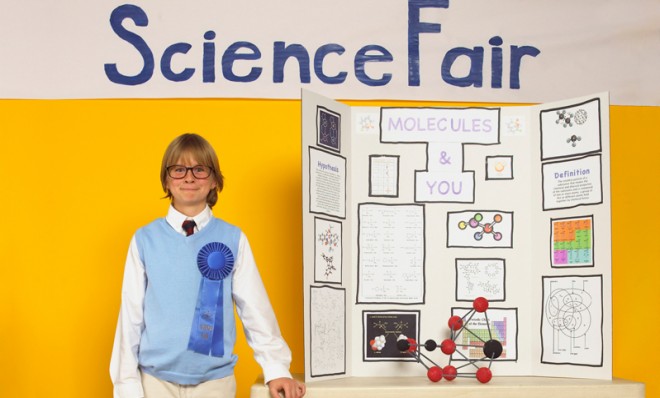The many failures of the 'I before E except after C' rule
The one general language rule that most people remember from school is not a very good rule at all


A free daily email with the biggest news stories of the day – and the best features from TheWeek.com
You are now subscribed
Your newsletter sign-up was successful
English spelling is hard. It's hard for kids to learn it, and it's hard for adults who have already learned it to remember how to do it right. It would be nice to have some consistent, general rules to go by, but alas, there are few. Maybe none. Even the one general rule that most people remember from school is not a very good rule at all: I before E except after C — but not in "eight," or "protein," or "efficient," or "glacier," or "Einstein," or, or, or…
There are violations of this rule everywhere you turn. The Wikipedia article on the rule even lists out words that violate both parts of the rule simultaneously: cheiromancies, cleidomancies, eigenfrequencies, obeisancies, oneiromancies. Of course, those are not words we use very often, and a rule of thumb shouldn't be obliged to deal with them. But the rule also fails for a number of very common words, such as "their," "height," and "science." In fact, when Mark Liberman at Language Log ran the numbers on a large sample of newspaper text to see how well the rule accounted for the facts, he found that the rule "I before E no matter what" actually did a slightly better job, even though that rule is obviously not true.
The rule does get better with extra qualifications. You may have learned it as follows:
The Week
Escape your echo chamber. Get the facts behind the news, plus analysis from multiple perspectives.

Sign up for The Week's Free Newsletters
From our morning news briefing to a weekly Good News Newsletter, get the best of The Week delivered directly to your inbox.
From our morning news briefing to a weekly Good News Newsletter, get the best of The Week delivered directly to your inbox.
I before E except after C,Or when sounded as "a"As in "neighbor" or "weigh."
If so, then you will have accounted for a range of exceptions. Still, you'll be out of luck on "weird" and "ancient." And if you learned it as follows:
I before E except after C,When the sound is "ee"
you will have dealt with exceptions like "their," "heir," and "sleigh," but not "species" or "seize."
If you continue with qualifications you can get closer to a useful rule — don't apply it to names or foreign borrowings; don't apply it to plurals of words ending in –cy; don't apply it to words from the Latin root "sci" (conscience, prescient, omniscient); only apply the "after C" part to words from the Latin root "cept" (receive, deceive, conceive). But the more qualifications you add, the less catchy and memorable the rule becomes.
If we lose catchy memorability, we lose the reason for the rule's existence in the first place. Back in the 1800s, textbooks were the new thing in education. They allowed people to learn without direct access to an expert. Textbook writers created systems of explanation, along with drills and exercises, that could be used by the independent scholar at home or a teacher in a remote, one-room schoolhouse. There were attempts to tackle the vagaries of English spelling in systematic ways, but the vagaries turned out to be so vague, the systems strained at the seams. Here, from an 1855 spelling textbook, is a rhyme that didn't survive:
A free daily email with the biggest news stories of the day – and the best features from TheWeek.com
At the end of a word if you find silent e,Then throw it away, — for there it can't beWhen an affix you add with a vowel commencing;Thus "rogue" will make "roguish," and "fence" will make "fencing";But if able or ous follow soft c or g,Then, "change" you make "changeable", keeping the e.
It may be accurate, but catchy and memorable it ain't.
I before E, on the other hand, is pithy, perfect for chanting, and probably about as general a rule of English spelling as it is possible to get in such a short space. It's like an advertising jingle that gets stuck in your head, and like all advertising it offers a view of the world that's a bit cleaner and shinier than the one we live in.
Arika Okrent is editor-at-large at TheWeek.com and a frequent contributor to Mental Floss. She is the author of In the Land of Invented Languages, a history of the attempt to build a better language. She holds a doctorate in linguistics and a first-level certification in Klingon. Follow her on Twitter.
